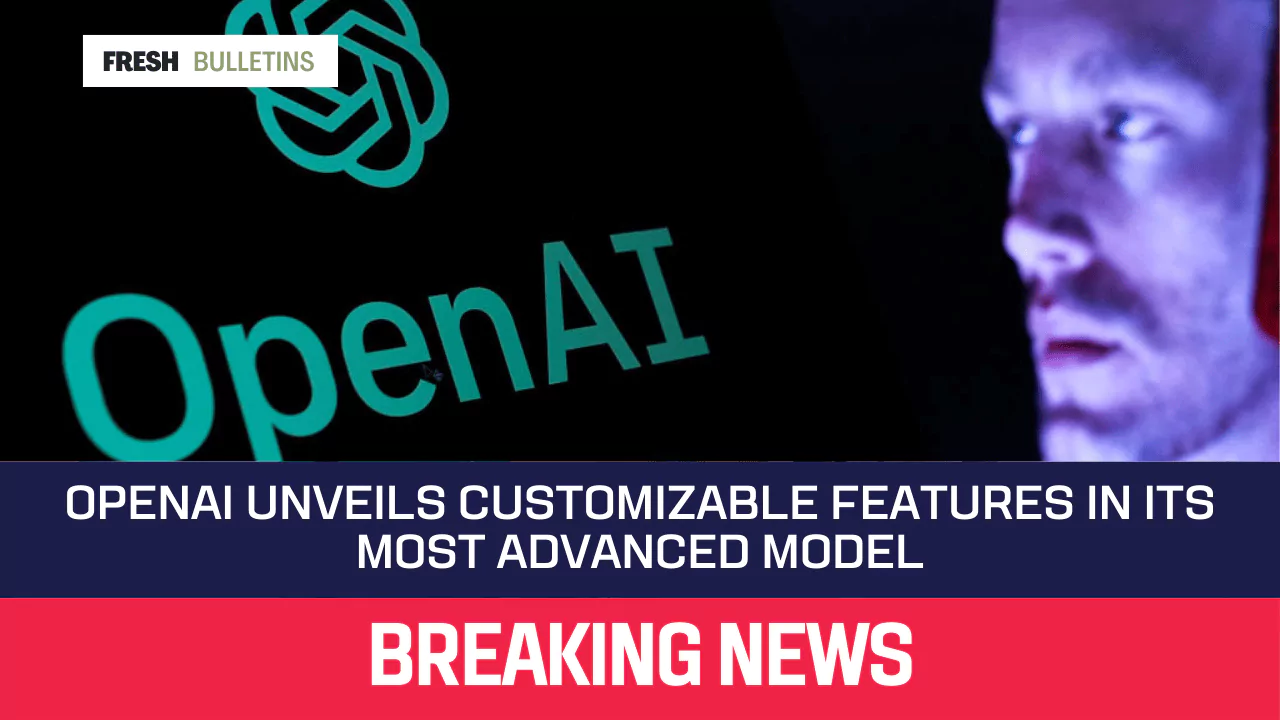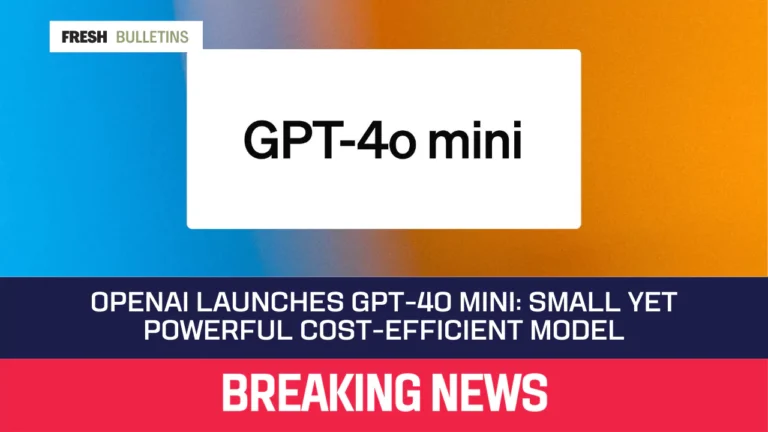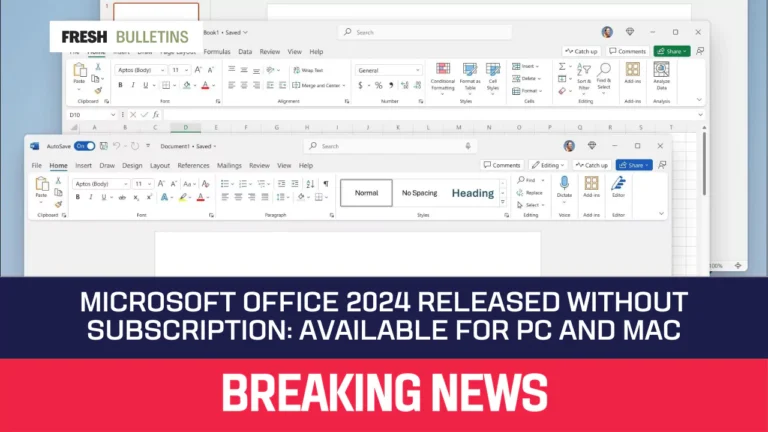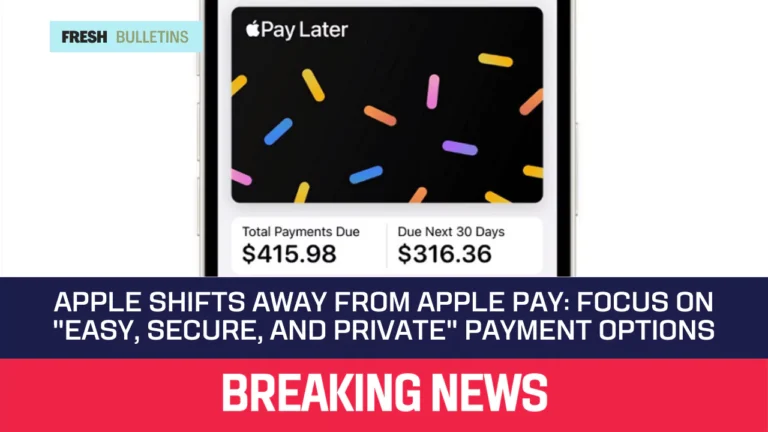OpenAI Unveils Customizable Features in Its Most Advanced Model
OpenAI has announced exciting news about its latest model, GPT-4o. The new version allows developers to customize and fine-tune the model for specific business use. This feature means businesses can make the AI smarter by training it with their own data.
What is GPT-4o?
GPT-4o is the newest and most advanced AI model from OpenAI. It builds on the success of earlier versions, offering better performance and more capabilities. One main highlight is the ability to customize it to meet the needs of different businesses.
Customization Benefits
The ability to customize GPT-4o provides many advantages. Developers can enhance the model’s skills by using their data. This helps the AI understand specific tasks relevant to a business. For example, a retail company can train GPT-4o to provide product recommendations based on customer preferences.
With customization, businesses can also control how the model responds. This can include setting guidelines for the tone of replies. A startup may prefer a friendly tone, while a financial service might want a more formal response.
Fine-Tuning the Model
Fine-tuning means taking the base model and adjusting it with new information. Businesses can now train GPT-4o using their datasets. Doing this improves the model’s knowledge and abilities. OpenAI showed how effective fine-tuning can be when working with a company called Cosine. Cosine created an AI called Genie that helps software engineers. By training GPT-4o with examples of real engineers, Genie learned to respond in ways similar to humans.
Businesses can expect better results from fine-tuning. When AI understands specific tasks, it performs them better. Companies get an AI that feels more like a team member.
Cost of Customization
Customizing GPT-4o can be costly, with OpenAI charging $25 for every million tokens used in fine-tuning. A token represents a piece of data and more data results in more tokens. For reference, one million tokens roughly equates to 2,500 pages of text.
In addition to fine-tuning costs, businesses also pay to use the model. Input costs $3.75 per million tokens, while output costs $15 per million tokens, leading to significant expenses with frequent use.
For those with tighter budgets, OpenAI offers a smaller version, GPT-4o Mini. This model is more affordable, charging $3 per million tokens for fine-tuning, making it a practical choice for smaller businesses seeking similar features at a lower cost.
Examples of Use Cases
Many companies can benefit from this new model. For instance, an e-commerce store can train GPT-4o to answer customer questions about products. This answers queries quickly. Customers receive immediate support while businesses save time and resources.
In education, schools can utilize this AI to help students with homework. The model can provide quick answers or explanations based on the data it has been trained on. This provides personalized learning experiences for students.
Healthcare is another area where GPT-4o can shine. Doctors and hospitals can customize the AI to access and analyze patient data. This can lead to improved patient interactions. The AI can assist healthcare workers by providing relevant information right when needed.
Future of AI Customization
The launch of customizable features in GPT-4o represents a new chapter in AI development. As more businesses realize the value of tailoring AI models, we can expect widespread adoption. OpenAI is leading the way with these features.
Companies will continue to seek innovative solutions. Custom AI models tailored to specific tasks or industries can save time and enhance productivity. This means businesses can focus more on their core activities.
Conclusion
OpenAI’s GPT-4o marks a significant advancement in AI technology. The new customizable features and fine-tuning options enable companies to adapt the model to their needs. While costs are a consideration, the potential benefits are vast.
As more organizations explore these features, the landscape of AI-driven solutions will shift. Customization opens the door to greater efficiency, better customer service, and innovative applications. Businesses can leverage this technology to gain a competitive edge.







